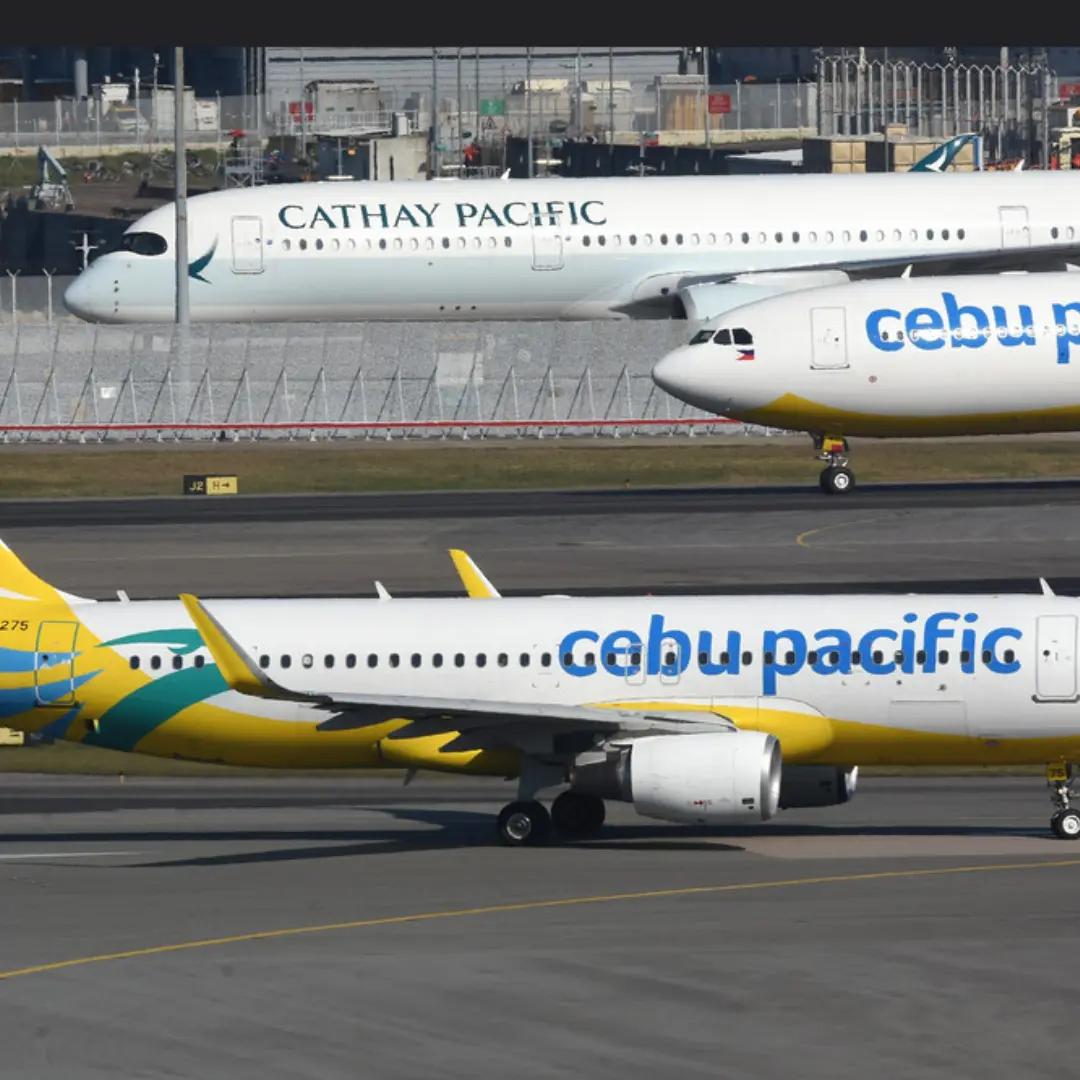Cebu Pacific’s potential selection of Airbus for a significant order of up to 150 jets represents a pivotal decision aimed at bolstering its fleet expansion and modernization strategy. The Philippine-based airline’s move underscores several strategic considerations in the competitive aviation market.
Firstly, the decision to lean towards Airbus aligns with Cebu Pacific’s existing fleet composition and operational needs. Airbus aircraft, known for their fuel efficiency, range capabilities, and operational flexibility, are favored by many airlines worldwide. For Cebu Pacific, choosing Airbus would likely enhance its operational efficiency and reduce fuel costs, crucial factors in the highly competitive low-cost carrier sector.
Moreover, fleet commonality is another significant factor driving Cebu Pacific’s preference for Airbus. Standardizing its fleet with Airbus aircraft could streamline maintenance operations, optimize pilot training, and reduce overall operational complexities. This approach is often favored by airlines seeking to minimize costs and improve reliability across their fleet operations.
Strategically, the potential Airbus order positions Cebu Pacific to capitalize on projected growth in Asia-Pacific air travel. As economies in the region continue to expand and air travel demand rebounds post-pandemic, expanding the fleet with modern Airbus jets could enable Cebu Pacific to meet increased passenger demand efficiently and sustainably.
Furthermore, Airbus’s ongoing innovation and development of new aircraft models, such as the A320neo and A321neo variants, offer enhanced fuel efficiency and passenger comfort. These attributes are particularly attractive to airlines looking to reduce their environmental footprint while improving the passenger experience, aligning with global trends towards sustainability in aviation.
Financially, negotiating a large order with Airbus allows Cebu Pacific to potentially benefit from economies of scale and favorable pricing terms, contributing to overall cost-effectiveness in fleet expansion. The airline’s strategic preference for Airbus also signals confidence in the manufacturer’s reliability, customer support, and long-term partnership potential.
In conclusion, Cebu Pacific’s inclination towards selecting Airbus for a significant order of up to 150 jets reflects a well-calibrated strategy aimed at enhancing operational efficiency, supporting growth ambitions, and adapting to evolving market dynamics in the aviation industry. As the airline progresses with its fleet expansion and modernization plans, choosing Airbus positions Cebu Pacific strategically to navigate future challenges and capitalize on opportunities in the dynamic Asia-Pacific market.









